Which do you prefer gas ovens or electric?
amykath
10 years ago
Related Stories
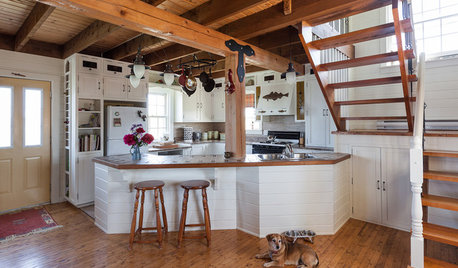
KITCHEN DESIGNOpen vs. Closed Kitchens — Which Style Works Best for You?
Get the kitchen layout that's right for you with this advice from 3 experts
Full Story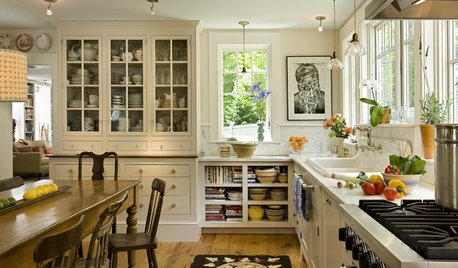
KITCHEN DESIGN12 Great Kitchen Styles — Which One’s for You?
Sometimes you can be surprised by the kitchen style that really calls to you. The proof is in the pictures
Full Story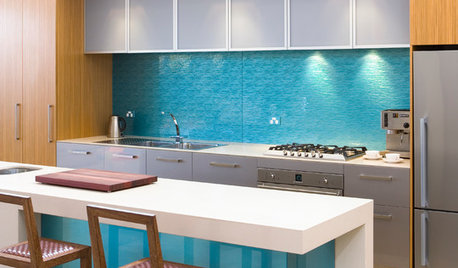
KITCHEN DESIGNHouzz Quiz: Which Kitchen Backsplash Material Is Right for You?
With so many options available, see if we can help you narrow down the selection
Full Story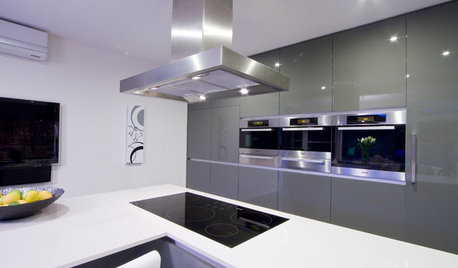
KITCHEN APPLIANCESFind the Right Cooktop for Your Kitchen
For a kitchen setup with sizzle, deciding between gas and electric is only the first hurdle. This guide can help
Full Story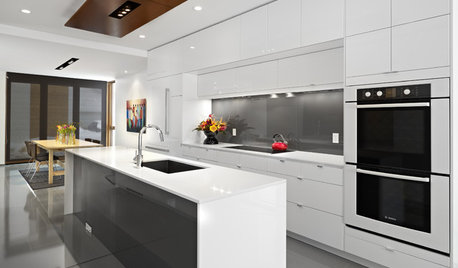
KITCHEN APPLIANCESFind the Right Oven Arrangement for Your Kitchen
Have all the options for ovens, with or without cooktops and drawers, left you steamed? This guide will help you simmer down
Full Story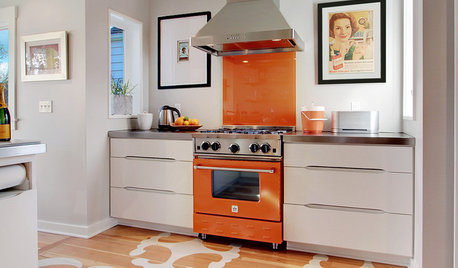
HOUSEKEEPINGHow to Clean Your Range and Oven
Experts serve up advice on caring for these kitchen appliances, which work extra hard during the holidays
Full Story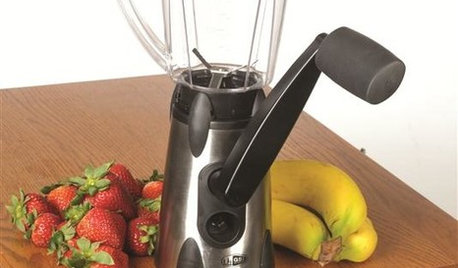
ACCESSORIESEasy Green: Cut Electricity Use With 15 Unplugged Home Devices
Crank up the energy savings, courtesy of household items that come into power the old-fashioned way: manually
Full Story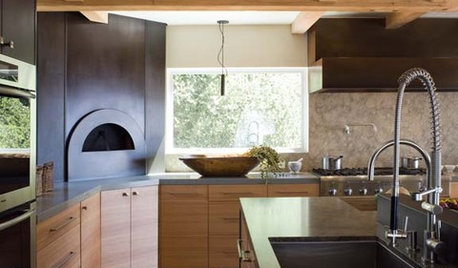
KITCHEN DESIGNKitchen Luxuries: The Wood-Fired Pizza Oven
If you love homemade pizza and are (ahem) rolling in dough, a wood-burning oven may be just the right kitchen investment
Full Story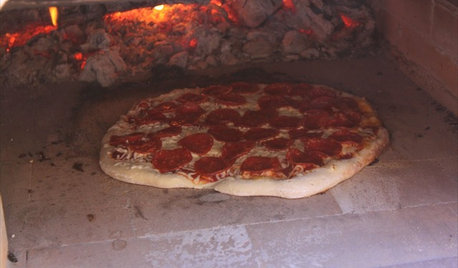
GREAT HOME PROJECTSHow to Get a Pizza Oven for the Patio
New project for a new year: Light a fire under plans for an outdoor oven and claim the best pizza in town
Full Story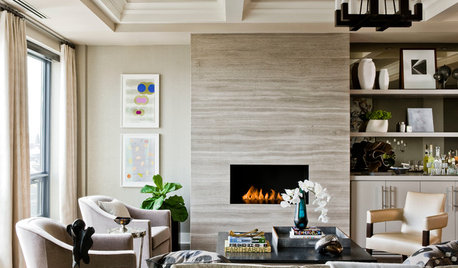
LIVING ROOMSHow to Convert Your Wood-Burning Fireplace
Learn about inserts and other options for switching your fireplace from wood to gas or electric
Full StoryMore Discussions






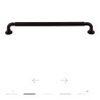
wekick
deeageaux
Related Professionals
Corcoran Kitchen & Bathroom Designers · Buffalo Kitchen & Bathroom Designers · Peru Kitchen & Bathroom Designers · Sun City Kitchen & Bathroom Designers · Town 'n' Country Kitchen & Bathroom Designers · Calverton Kitchen & Bathroom Remodelers · Chicago Ridge Kitchen & Bathroom Remodelers · Creve Coeur Kitchen & Bathroom Remodelers · Overland Park Kitchen & Bathroom Remodelers · Payson Kitchen & Bathroom Remodelers · York Kitchen & Bathroom Remodelers · Billings Cabinets & Cabinetry · Marco Island Cabinets & Cabinetry · Newcastle Cabinets & Cabinetry · Universal City Cabinets & Cabinetrywekick
deeageaux
wekick
deeageaux
wekick
Mrs_Nyefnyef
FmrQuahog
amykathOriginal Author
foodonastump
wekick
rococogurl
sandy808